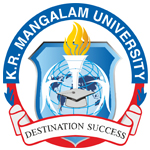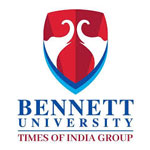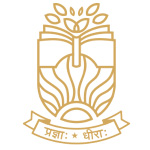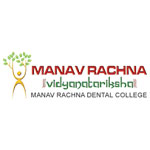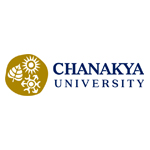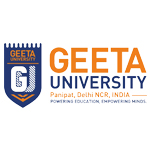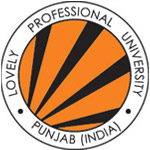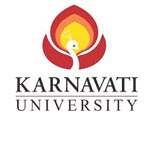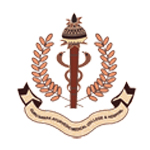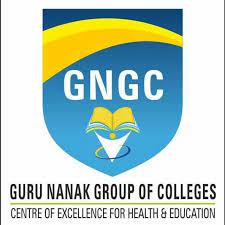Research crosses boundaries at IIT-Delhi, touches new horizons
Shashank Shekhar, 39, did his MBA from IIT-Delhi, and is now a PhD candidate at the institute, working to build a revenue model for bioinformatics research and development. One of his three supervisors is from the Department of Management Studies; the second is a professor at the Department of Chemistry who also has responsibilities as a coordinator at the Centre of Excellence for Bioinformatics and Computational Biology; the third is from the School of Biological Sciences.
This unusual research collaboration has been made possible through the School of Interdisciplinary Research (SIRe) which was set up at IIT-D last October. Its twin mottos are “Collaboration over Competition” and “Breaking Departmental Barriers”, and it’s an effort by IIT-D to bring about fundamental change in the ways in which academic research happens in India.
“The basic objective of this school is to actively encourage researchers and students to stretch their boundaries and collaborate with people from other disciplines to help bring broader perspectives and new ideas to research problems,” Dr Arunachalam Ramanan, professor of chemistry and chairperson of SIRe, said. Collaboration has so far been limited mostly to within departments, Dr Ramanan said.
Even where IIT-D researchers have worked on interdisciplinary projects with researchers from other institutes, the “scope (of the collaboration) was limited”, Dr Ramanan said. “This school is going to provide a platform and help bring researchers from different backgrounds together to find solutions to a range of problems.”
Shekhar’s research is one of the projects being carried out under the aegis of SIRe. “The rising demand for personalised medicines and clinical diagnostics is promoting the use of bioinformatics,” Shekhar said. “The purpose of this research is to study the sector and its growth patterns, analyse strengths and weaknesses, and look for a commercially viable business model that would ensure the sector’s sustainability and longevity.”
While Shekhar’s research is situated at the intersection of bioinformatics and management, another project, aimed at managing risks from emerging pollutants in urban environments, has brought together faculty from IIT-D’s Departments of Civil Engineering and Biochemical Engineering and Biotechnology.
“We have just taken a student for this project from the civil engineering department,” said Dr Chakma Sumedha, assistant professor of civil engineering. “As evidence of the impact of emerging contaminants on the natural environment mounts, there is an urgent need to manage the exposure to these compounds. We will be working to map these compounds and their byproducts in different urban environmental settings. It will help estimate the quantum of pollutants, and their possible sources,” Dr Sumedha said. Such research will be particularly useful for a city like Delhi, Dr Ramanan said.
The projects were selected by a committee of experts consisting of faculty from multiple departments. SIRe now has 14 PhD students with 18 faculty members from nine departments, two centres and one school. IIT-D Director Dr V Ramgopal Rao, a professor of electrical engineering, is part of a project with a member of the Department of Physics faculty. Some projects have funding; for others, the PhD candidates are expected to have a scholarship of some kind. Once selected for the project, students are expected to do basic coursework in either of the relevant subjects related to the project.
Most projects are currently being pursued at the science, engineering, humanities and management centres at IIT-D. The institute, which was awarded Institute of Eminence status, has research MoUs with DRDO, AIIMS and JNU, and one already ongoing project involves faculty from the physics department of IIT-D and the School of Physical Sciences at JNU.
“As we are a very new school, we do not have a proper building or space yet. We function as a virtual school. So, for now it is limited to PhD students. Maybe in two years, the school can start MS (Research) and increase the number of PhD students to 25 in a year or two. At present there are no plans for an undergraduate programme,” Dr Ramanan said.
Mahesh Rangarajan, professor of Environmental Studies and History at Ashoka University, said, “Interdisciplinary is a fact of life, and it is a very good idea as collaboration helps raise questions of significance from varying perspectives. Interdisciplinary research throws new light on issues; however, it should not be done at the cost of the core discipline.
News Source (Indian Express)
Want help with admissions?
Leave us your details and we will contact youApplications for Admissions are open
